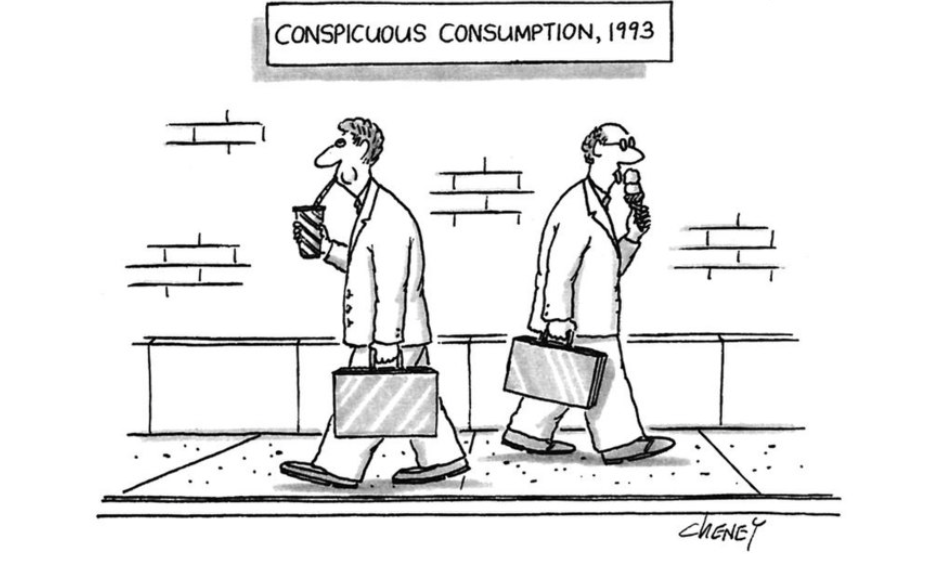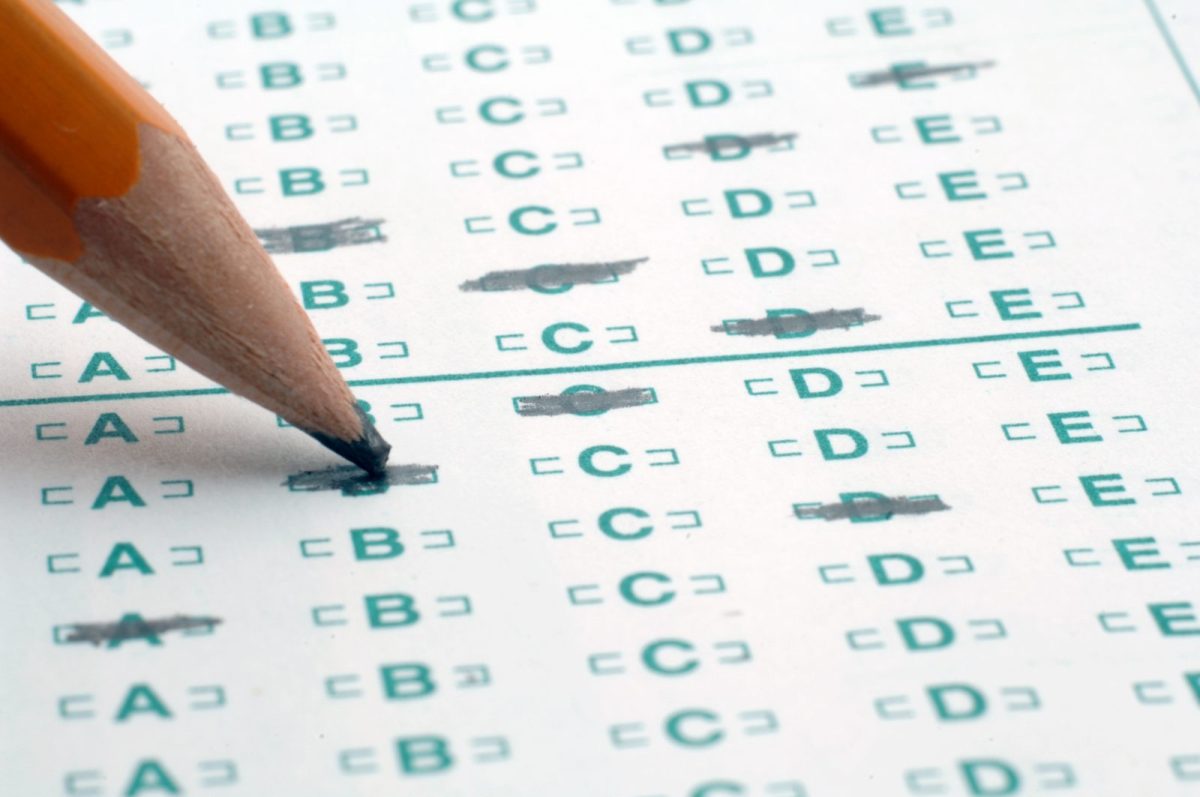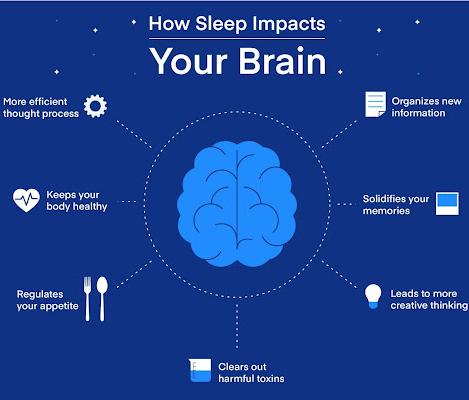Sleep is essential for our well-being and plays a significant role in the development of daytime emotions and overall behavior. Teenagers’ brains and bodies are experiencing rapid growth, and the restructuring of the adolescent brain is pivotal to healthy development. To a large extent, this restructuring of the adolescent brain occurs during sleep. The average high schooler sleeps about 6.5 hours a night, while the optimal amount of sleep a teen should get is 9 hours a night. Since teens are biologically driven to sleep longer and later than adults, the effects of sleep deprivation are more dramatic. Sleep deprivation signs include trouble waking up most mornings, irritability and mood swings, falling asleep easily during the day, having trouble concentrating, sleeping very late on the weekends, and experiencing hyperactivity and nervousness.

Brain activity fluctuates during sleep, increasing and decreasing during different sleep stages that make up the different sleep stages. Each stage plays a role in brain health, allowing activity in different parts of the brain to amp up or down and enable better thinking, learning, and memory. Sufficient sleep facilitates the brain’s processing of emotional information. During sleep, the brain works to evaluate and remember thoughts and memories, and a lack of sleep affects our ability to assimilate positive emotional content. This can influence mood and emotional reactivity and is tied to the severity of mental health disorders. This explains why teens who sleep fewer than eight hours a night are more likely to report symptoms of depression (Turgeon and Wright). Brain imaging studies have shown that sleep deprivation amps up the brain’s reactive, negative emotional centers, while the prefrontal cortex, which soothes and gives us proper judgment and emotional regulation, is less active.
Sleep deprivation can also increase teens’ likelihood of using drugs and alcohol. A study published by the Journal of Youth and Adolescence found that the disruption of the natural sleep cycle can interfere with the brain functions that regulate the experience of reward, emotions, and impulsivity. Teens that tend to engage in risky behaviors because their impulse control is compromised. While there are obviously other factors that lead to teens engaging in risky behaviors, sleep deprivation may be one of these factors (Suni).
A common cause of sleeping problems is not having good sleep habits. You can improve your sleep habits by having a set bedtime and maintaining a steady sleep schedule, finds ways to wind-down before bed, avoiding caffeine in the evening, dimming lights and putting away electronic devices for an hour or more before bed, getting regular exercise during the daytime, and making sure you have a comfortable mattress, pillows, and bedding (Carpenter).





































